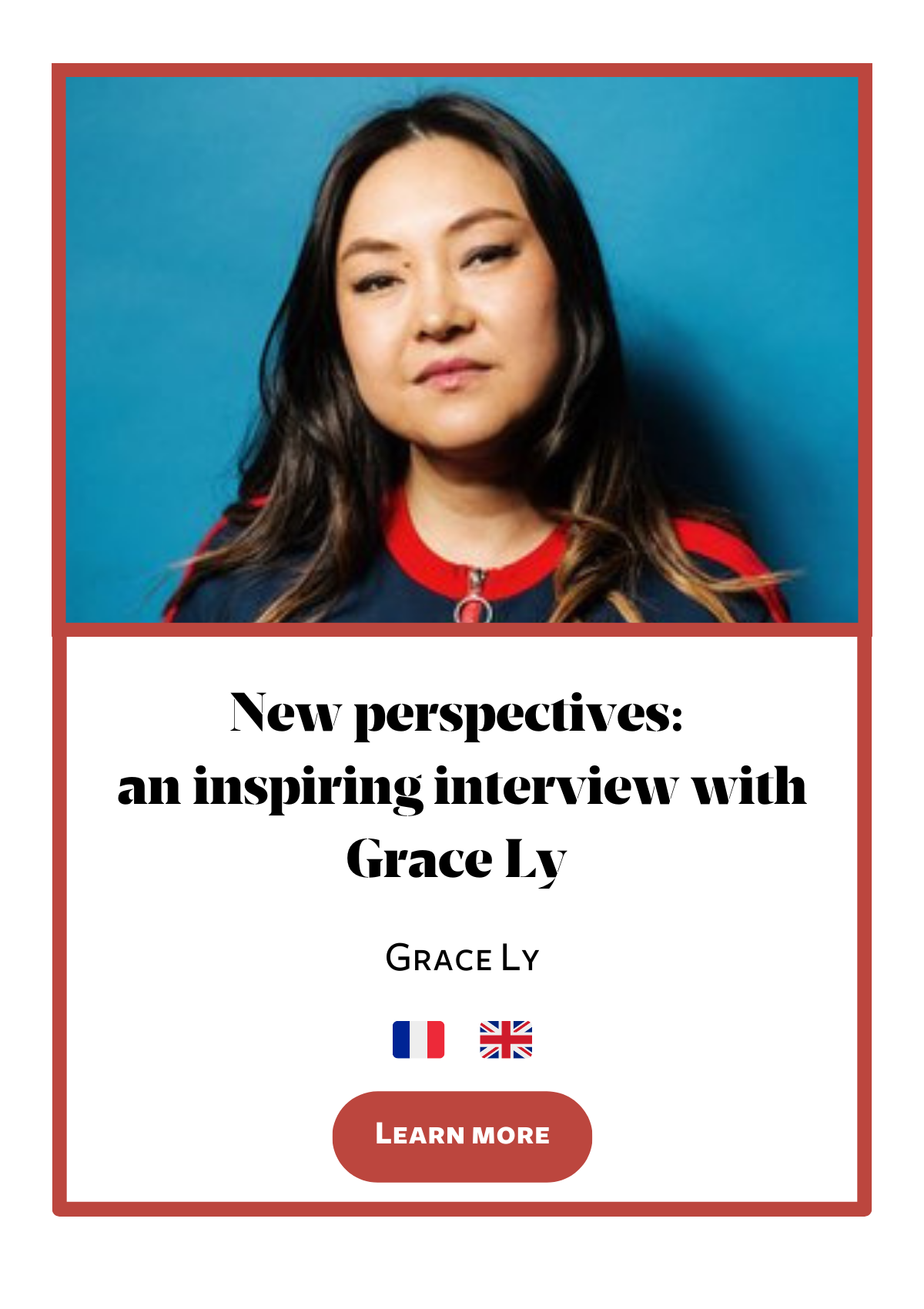Freeing yourself from your biases: the key to inclusion in the workplace?
Freeing yourself from your biases: the key to inclusion in the workplace?
Unconscious bias Mecanism Inclusive workplace Best practices
Nadège Dazy
After training as a legal expert and various experiences in NGOs and politics, Nadège is now a trainer and consultant, specializing in issues linked to professional equality and inclusion.
Why do we favor people who look like us? Why do we sometimes discriminate, even if we're sensitive to the issue? Or why should we be wary of our first impressions?
These are just some of the questions we'll be tackling during this conference, during which we'll examine how our brains work, identifying cognitive (or unconscious) biases and stereotypes. We'll also look at their origins and their impact on our perception of the world and of others. We'll see that, while stereotypes and biases are useful and healthy mechanisms, they constantly guide our thoughts and actions, without us even realizing it, sometimes leading to discrimination and exclusion.
Awareness of one's own biases is the first step towards challenging and neutralizing them.
However, while cognitive biases explain a great deal of human behavior, it's worth remembering that other vectors of discrimination and exclusion are at work in our societies. Discrimination is also, and above all, rooted at the very heart of the way our organizations, and especially our companies, operate. It is not just the work of a few biased individuals, but stems from an entire system of which these individuals are only a part.
While it is important to become aware of our own biases in order to try and change our habits and reflexes, it is also essential to place these human behaviours within a systemic dynamic in order to give ourselves every chance of making inclusion a living, shared reality.
To address this issue, we will go through a combination of theories, concrete examples and playful exercises. The objectives of this interactive conference are:
Become aware of your own biases and stereotypes;
Understand their origins and construction;
Identify the links between bias, stereotypes and discriminatory attitudes;
Replace human behavior in a systemic dynamic;
Acquire practical tools for challenging these biases and behaviors, which are vectors of exclusion in everyday life.




















